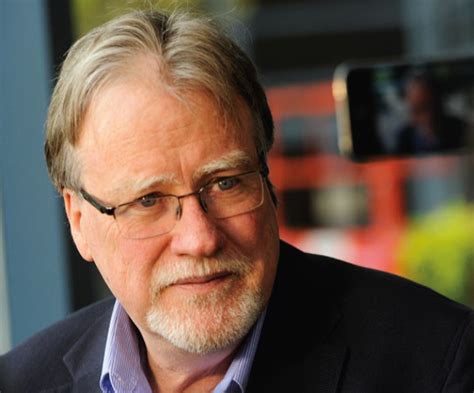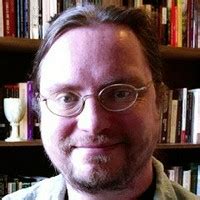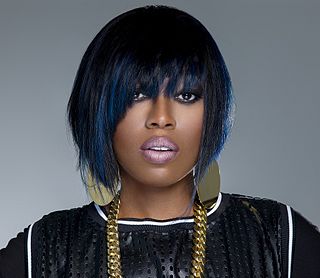A Quote by Temple Grandin
I've always thought of myself as a cattle-handling specialist, a college professor first; autism is secondary.
Related Quotes
I think one of the problems with the definition of autism is we keep expanding it. It started as "early infantile autism", and then it became "autism", and now it's "autism spectrum disorder". I'm not opposed to that from the standpoint of trying to broaden our vistas, and so forth. But from a research point of view, the term autism is lost in specificity.
Autism isn't something a person has, or a shell that a person is trapped inside. There's no normal child hidden behind the autism. Autism is a way of being. It is pervasive; it colors every experience, every sensation, perception, thought, emotion and encounter - every aspect of existence. It is not possible to separate the autism from the person – and if it were possible, the person you'd have left would not be the same person you started with.
What do we know about autism in 2013? Autism symptoms generally emerge before age three and usually much earlier, often as language delays or lack of social engagement. Recent research suggests that autism can be detected during the first year of life, even before classic symptoms emerge. Indeed, the symptoms may be a late stage of autism.
I think that if I could do any sort of research of autism that I wanted to do, at this point I would take a sample of classic, early infantile autism persons and compare them with what I call "classic late onset autism", individuals. I think we will find that the cause of those youngsters with autism who have autism from birth is probably different than those who have late onset autism.
The ticket out of the Depression was an education, a college degree. It really didn't matter if you knew anything. You just had to have the degree. My dad, up until the last two years of his life, thought he had failed miserably with me 'cause I didn't go to college. I mean, you've seen postgame interviews with the star of the game and the players always talk about how proud his parents are because he's the first guy in his family ever to attend college. I'm the first in my family not to! I'm the first of my family not to have a degree. It's thrown everybody for a loop.
I always have been an entertainer, whether it's been joking or performing for people. And I always thought I had a talent, because I could rap and I could sing, and I did write. And all the other kids were going to college, but I just felt like I had to do this first, and if it didn't work, then I would go to college.


































